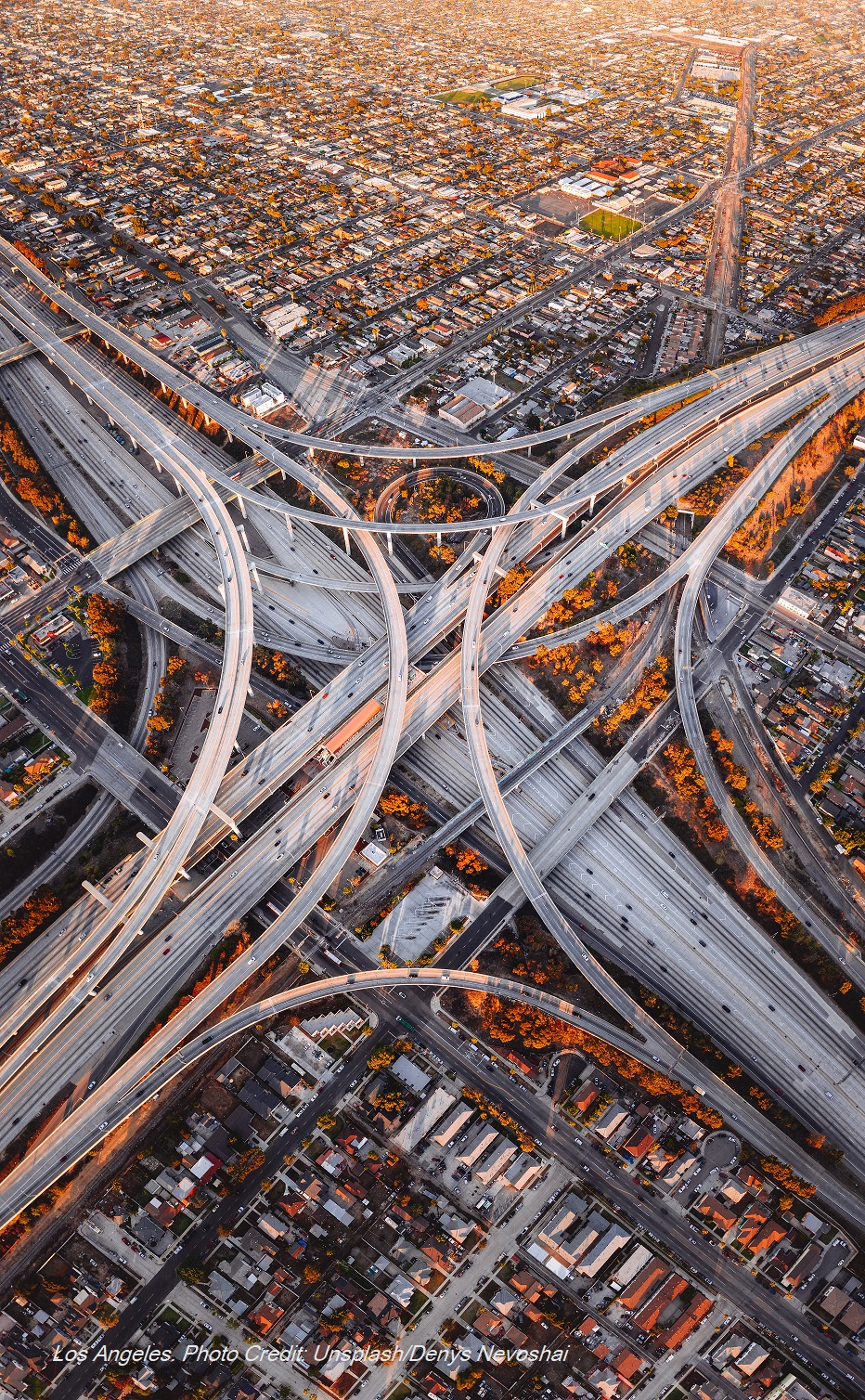Health Day reports on a new study of covid infection and air pollution, which shows that people who live in areas with more air pollution are more likely to be hospitalized when they get covid, even if they’re fully vaccinated.
This is one of the reasons we say: Healthy Air Is Health Care.
When we have clean air, we don’t get sick. Air pollution creates enough damage to the lungs and airways that people who have long term exposure to higher levels of air pollution are more likely to get sick and be sicker when they become infected with viruses, including Covid, influenza, and RSV (respiratory syncytial virus).
The study was done in southern California at a large Health Maintenance Organization (HMO) where members get all their health care from the HMO. It compared air pollution exposure in all their members age 12 and older who were diagnosed with Covid between July 1 and Aug 31, 2021 (before booster shots were available).
The study found that people who are fully vaccinated (2 doses of vaccine) and got Covid were hospitalized at a much lower rate than those who were not vaccinated: 3.1% of fully vaccinated compared to 7.9% of unvaccinated.
The study found that people living in areas with higher levels of particle pollution (PM2.5, sometimes called soot) and nitrogen dioxide (NO2) had a higher likelihood of being hospitalized with Covid. This was true for PM2.5 and NO2 (average daily levels) in the previous month, and in the previous year.
Even fully vaccinated people were more likely to be hospitalized with Covid if they got sick and had higher PM2.5 or NO2 exposure, though the effect of air pollution was somewhat stronger for people who had not been vaccinated.
Living in an area with higher ozone did not affect hospitalization with Covid.
Remember that exposure to both NO2 and PM2.5 is not equal, with black and brown communities being forced to have more exposure to air pollution because of environmental racism.
Read the news article in Health Day here.
Read the scientific study in AJRCCM here.
10/17/22





